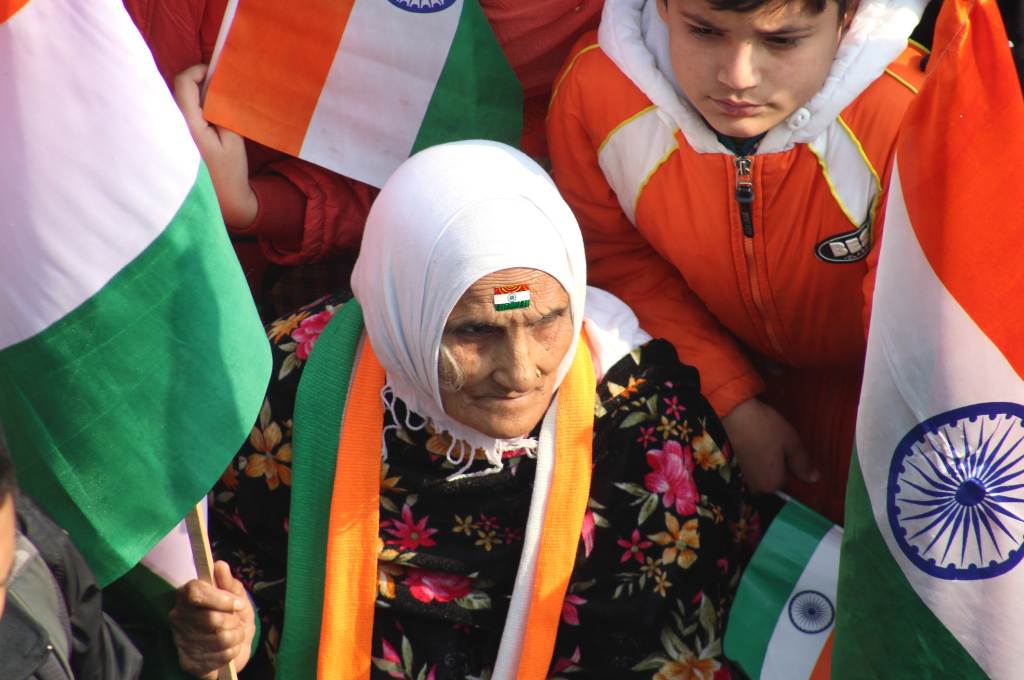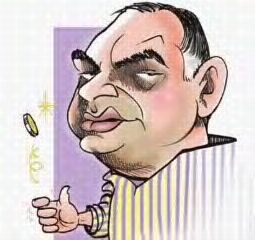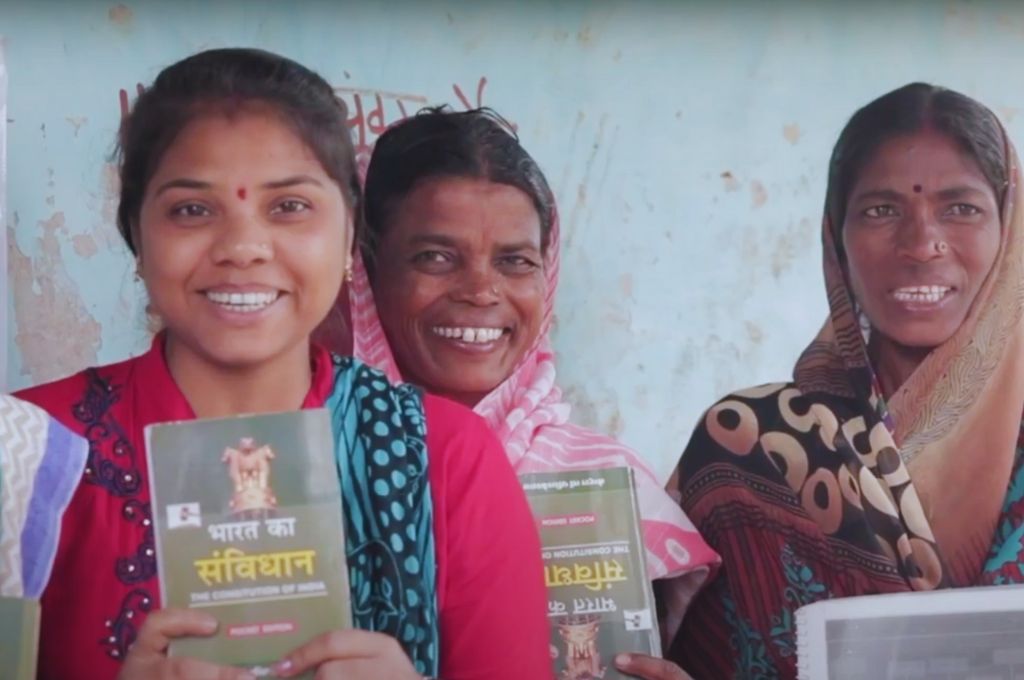As we end the celebrations of the 75th year of India’s independence, it is time to look forward to the next milestone: 2047, the centennial of Independence. This quarter century is critical for us to focus on our collective national aspirations, and the obstacles in fulfilling them.
While a lot has been accomplished in the last 75 years, a lot is yet to be achieved. Just one pair of statistics is enough to illustrate this point. The average life expectancy of Indians in 1947 was 32 years; this went up to 70 years in 2022. However, as per the report of the National Family Health Survey (NFHS-5, 2019–21), 35.5 percent of India’s children were stunted, 19.3 percent were ‘wasted’, and 32.1 percent were underweight.
We have witnessed similar dualities for decades in many spheres, whether it is environmental, cultural, social, economic, or political. As per the recent Tiger Census, the five-decade-old Project Tiger has doubled the tiger population in India to more than 3,000, and yet our very dense and moderately dense forest cover was down to 12.4 percent of the total geographical area of India by 2021. There is a similar dichotomy when we consider the economic scenario. On the one hand, India is one of the top five economies by size as well as growth rate of the GDP, and, on the other, it has the largest number of poor people and one of the highest levels of income and wealth inequality. In political terms, we are the world’s largest electoral democracy—more than 94 crore persons will be eligible to vote in 2024—and yet we stand as mute witnesses to the terrible decline in our politics—from Manipur to Mewat, from the Lok Sabha to the local self-governments.
The pattern of dissonance—between two extremes of growth and neglect—is clear. What is the cause of this inability to achieve all-round progress and well-being, despite generations of shlokas ranging from ‘Sarve sukhina bhavantu’ to ‘Sarvodaya’ and slogans such as ‘Garibi Hatao’, ‘Inclusive Growth’, and ‘Sabka Saath, Sabka Vikas’? This cannot be a matter of chance, and so evidently people with power and privilege have used policy and governance to their advantage and to the detriment of vast segments of the population. I argue that India’s elite who led the freedom movement and mostly comprised self-sacrificing idealists were gradually, after Independence, replaced with people who were largely self-serving and materialistic. With a few exceptions, the prevailing ethic among the post-Independence elite was ‘maximise benefits for me and my family’ and, in a few cases, my extended family—usually caste brothers.
Our central task is to reform the political system and change the rules of this game, as it adversely affects every aspect of life.
I believe that we find ourselves in this situation as a result of a flaw in the design of our political system. We opted for an electoral parliamentary democracy with universal adult franchise, thereby ensuring that political equality becomes an important tool for bringing about social and economic equality. But, in practice, social and economic inequalities have overtaken the political process and, through a variety of stratagems, converted universal adult franchise into a token exercise—one that provides a stamp of approval for continuing with past social and economic inequalities. In the absence of a public-spirited elite, democracy has been reduced to demography plus demagoguery1 and nation-building has been converted into a kleptocracy2 with rampant sharing of the spoils.
Thus, our central task is to reform the political system and change the rules of this game, as it adversely affects every aspect of life. This process must be carried out in at least five fundamental ways:
1. Reforming the political party system
This is important because parliamentary democracy depends on it. Political parties are the building block of democracy, yet paradoxically most political parties are neither internally democratic nor accountable to the people. Over the years, the Election Commission has added a number of disclosure requirements, but these are being complied with in letter and not in spirit. In addition, parties active in just one or two states should not be permitted to put up candidates for Lok Sabha elections. Only a party that has received a minimum of, say, 5 percent votes in at least five state assembly elections should be allowed to do so. This will ensure that the Lok Sabha truly deals with national and interstate issues, and does not become a lobby for a party that is popular in one or two states.

2. Reforming the election process
This must be done to ensure electoral fairness. It involves the surveillance of unreported election expenses, which would then reduce malpractices such as distribution of cash and liquor on the days before polling. Political party funding through electoral bonds is a big distortion that must be corrected. We need to increase the share of public funding to candidates for elections. We can adopt a system where the Election Commission will match the retail contributions (say, a maximum of INR 2,000 per donor) and thus encourage parties to collect funds from a large number of people, rather than from a few wealthy individuals.
3. Reforming the physical mechanics of elections
From getting grocery supplies to financial transactions, everything in our lives is increasingly happening electronically and at any time and any place. We must adopt a similar approach when it comes to elections, and do away with the archaic system of physical queues of voters in front of election booths—waiting for hours to press a button on an electronic voting machine (EVM). We should be able to press the same EVM button from anywhere. Doubters will say this means a further possibility of false voting, but we can design and implement systems that are tamper-proof to at least a six sigma (or one in a million) level. This means that with 94 crore voters, you can expect 940 frauds, which is far, far lower than in the prevailing system. Surely, for a country that has over billions of Aadhaar card–based authentications and billions of financial transactions happening every month, designing and executing a tamper-proof electoral system should be possible.
4. Reforming the electoral system based on proportionate representation
In a nation characterised by diversity, we must have an electoral system based on proportionate representation rather than the present first-past-the-post system.3 Only when the membership of legislatures is proportionate to the population of different social groups can we expect the political system to start delivering social and economic justice. The social groups can be by religion, and within those by caste and/or economic class. There will be a special category, hopefully ever increasing, of those who do not wish to be grouped by religion or caste. They will elect their own representatives, the number being proportionate to the number of people who steer clear of religion and caste as a basis of vote grouping. Proportionate representation will ensure that there is no tyranny of the majority, since every segment of the majority community will seek proportionate representation and thus compete internally. Proportionate representation would necessarily imply 50 percent seats in the legislature for women, thereby giving gender due place in the power equation.
5. Reforming election systems by making elected representatives accountable
Improving election systems is not enough; we need to significantly increase the accountability of elected representatives. This means an annual review of their performance by the electorate, again done electronically and at a relatively low cost. The representatives who do not secure a minimum approval rating should be recalled and a replacement should be elected. To ensure that the review is based on good information, the proceedings of the Parliament and the state assemblies and their respective standing committee meetings must be televised, and physical attendance of people in the legislature should be greatly encouraged.
Who will bring about these changes? It will have to be ‘We, the People of India’.
So who will bring about these changes? We cannot expect political parties to correct their own bad practices. Nor can we expect the political system as a whole to seek these systemic changes. It will have to be ‘We, the People of India’. In response to this challenge, some prescribe a revolution, even if by totalitarian means! I propose not a 360-degree revolution that brings us right back to where we started, nor the extreme disruption of a half revolution or 180-degree turn where everything points in the opposite direction. What we need is a 90-degree turn, a quarter revolution.
The quarter revolution will have to be led by ‘elites of calling’, to use former JNU sociologist Dipankar Gupta’s phrase. Even after Independence, we had such ‘elites of calling’—be it a Jaya Prakash Narayan who shunned Nehru’s offer to be his successor in order to become a lifelong Sarvodaya worker, a Verghese Kurien who ushered in the White Revolution by scaling up the Amul Dairy, an Ela Bhatt who made women’s empowerment a reality through the SEWA movement, an Aruna Roy who led the right to information movement and subsequently the employment guarantee movement, or a Dr B D Sharma and a Medha Patkar who made the nation conscious of the historical injustices against forest-dwelling tribals.
Even in today’s dismal situation, I know of hundreds, nay, thousands of people who continue to contribute to society despite all odds. This includes social activists, nonprofit workers, cultural figures, scholars, scientists, managers, even business people, civil servants, and politicians. Let them lead this quarter revolution for the reform of the political system. The generation that is now around the median age of 29 (plus or minus 10 years), that is, those born between 1984 and 2004, will have to take up their followership initially and the leadership subsequently. They will have to apply themselves to this task of improving our politics. It is to them that this article is addressed.
—
Footnotes:
- Demography is the statistical study of human populations.
Demagoguery refers to political activity or practices that seek support by appealing to the desires and prejudices of ordinary people rather than by using rational argument. - Kleptocracy refers to a form of government in which leaders use their power to steal money and resources from the country that they rule.
- A system where each voter casts their vote for a single candidate, and the candidate with the most votes wins the election.
—
Know more
- Read Arun Maira’s perspective on why civil society must revisit how it engages with politics.
- Explore the Global State of Democracy 2022 report to learn more about the erosion of democracy in India.
- Read this simple explainer to learn about your right to vote.



